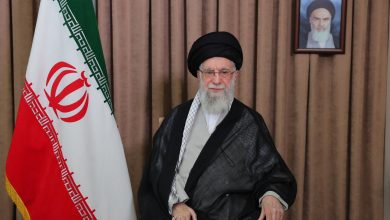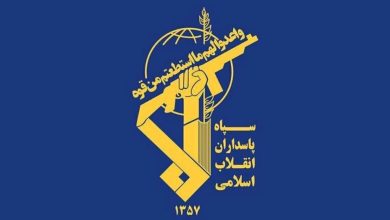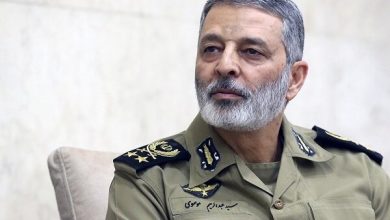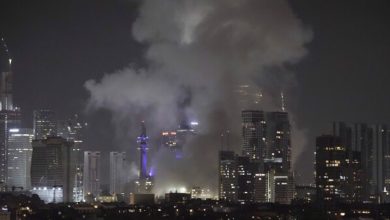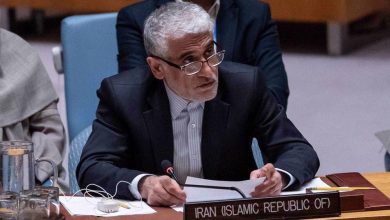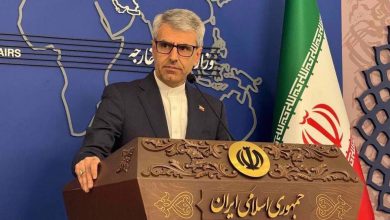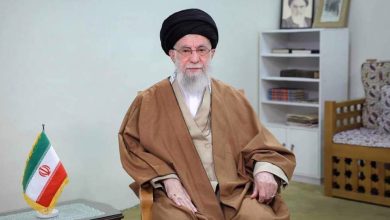Iran warns of proportional response following the submission of a resolution by European nations to the IAEA
Iran has cautioned the United Nations' nuclear watchdog that any "unconstructive measures" directed at the nation will elicit a "proportionate response" from the Islamic Republic. This warning comes in light of a new resolution submitted by European countries to the International Atomic Energy Agency (IAEA).
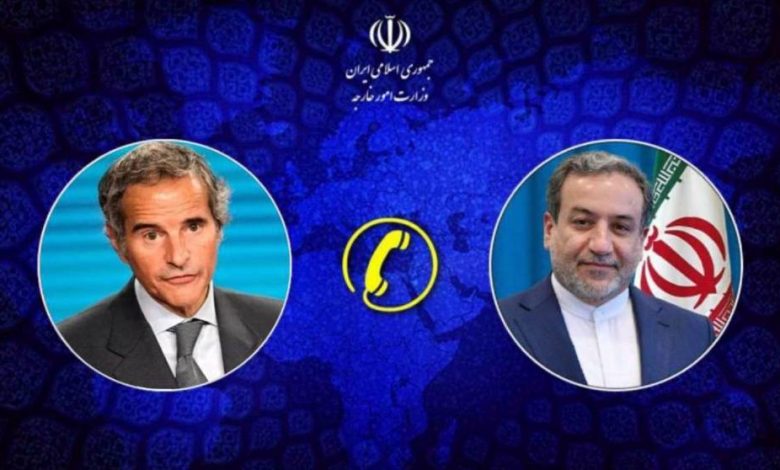
During a phone conversation on Wednesday, Foreign Minister Abbas Araghchi conveyed his remarks to Rafael Grossi, the Director General of the International Atomic Energy Agency (IAEA).
The senior diplomat declared that should opposing parties introduce counterproductive proposals against Iran during Wednesday’s IAEA Board of Governors meeting and adopt a resolution despite the Islamic Republic’s cooperative stance, Iran is prepared to respond appropriately and proportionately.
On Wednesday, European nations put forward a fresh resolution against Iran to the International Atomic Energy Agency (IAEA) in anticipation of the upcoming board meeting.
The United States and its European allies have implemented a series of coordinated actions against Iran, citing accusations of the Islamic Republic’s alleged inadequate cooperation with the international agency responsible for oversight. This stance contradicts Iran’s assertions that collaboration with the agency has not only been consistent but has also seen improvements in frequency and quality over recent years.
In a televised interview on Saturday, Araghchi cautioned that the adoption of any anti-Iran resolution would prompt the Islamic Republic to undertake “new actions” that would likely be displeasing to those opposing Tehran.
During an interview, the official emphasized that the International Atomic Energy Agency (IAEA) is a technical entity committed to adhering to its designated responsibilities, and must avoid politicizing its decisions.
He stated, “It appears there is a political strategy at play, with Western nations attempting to pressure the agency’s director general into exacerbating the situation.”
Araghchi confidently affirmed that Iran would maintain a “technical approach” in its dealings with the agency, emphasizing that the nation holds “no problem” in collaborating, given the assurance regarding the peaceful intent of its nuclear energy program.
In a recent phone conversation, he discussed the outcomes of Grossi’s visit to Iran, highlighting that the agreements reached during Grossi’s visit last week once again demonstrated the Islamic Republic’s goodwill and commitment to strengthening its interactions and cooperation with the agency.
Araghchi and Grossi have reaffirmed their commitment to ongoing dialogue and engagement, striving to resolve existing differences and to avoid any unproductive or confrontational tactics.
In a separate development, Araghchi engaged in a telephone conversation with his South African counterpart, Ronald Lamola, emphasizing that any potentially confrontational stance by the International Atomic Energy Agency (IAEA) towards Iran will provoke an appropriate reaction from the nation.
In his capacity as a member of the International Atomic Energy Agency’s (IAEA) Board of Governors, Lamola expressed enthusiasm for enhanced collaboration between the agency and the Islamic Republic.

